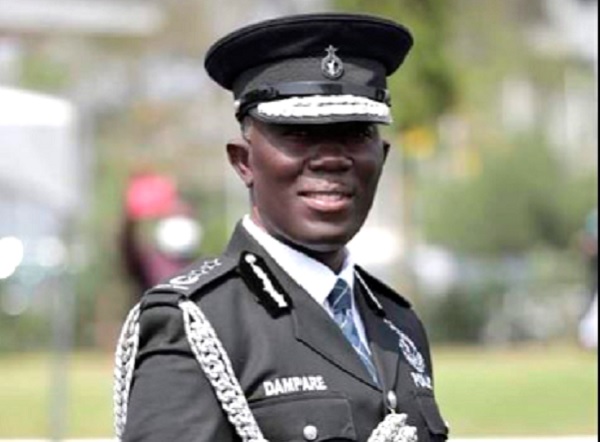
Improving Ghana’s human rights record: Brief treatise
AT the recent Universal Periodic Review (UPR) of the United Nations held in Geneva, the Attorney General, Godfred Dame, touted the democratic credentials of Ghana.
Delivering a speech, he said inter alia that “Ghana as a strong democratic nation with a formidable reputation in the protection of human rights and freedoms of all persons and with an independent and fearless judiciary ready to provide a remedy for abuses.”
Advertisement
The UPR is a construct of the Human Rights Council of the UN which reviews the human rights record of UN members periodically to assess the extent to which human rights values are respected in those countries and makes recommendations in areas that needs further improvements.
This comes at the backdrop of the publication by the Economic Intelligence Unit (EIU) of the latest edition of the Democratic Index of countries, which in essence, is a democratic league table of nations.
The only country in Africa to feature in the top 21 countries in the world classified as a “Full Democracy” was Mauritius.
Among the indices used to arrive at this designation are political participation, free press, lack of corruption and civil liberties.
Guess what, Ghana was tagged as a flawed democracy in the democratic index.
The Attorney General emphasised that the attainment of a perfect human rights regime was an exercise in progress.
It is in this context that this article seeks to evaluate the human rights situation in Ghana with a view to proffering solutions for improvement.
We begin with the Police Service – the gatekeepers of the Criminal Justice System.
An encounter with the institutions of the criminal justice system invariably involves the police, as by and large, they effect arrests of suspects.
Are arrests human rights compliants ?
The dignity of arrested suspects is at the core of any human rights evaluation of the work of the Police.
Article 15 of the constitution governs the fundamental human rights of arrested and/or detained persons.
All state institutions, the Police inclusive, have an ongoing duty to promote and respect human rights, not to talk about preventing its abuse.
As the principal institution of the State responsible for the maintenance and preservation of peace, the Police, have been given wide ranging powers to ensure the effective performance of their duties, which includes enforcing the law.
This function of the Police sometimes clashes with their duty to promote and respect human rights, especially when they (Police) are under pressure to get results in high-profile cases.
The Public expect the Police to bring those who break the law to book; otherwise there will be chaos in society.
However, just like everyone else, what they do must be lawful.
With respect to arrests, Article 14, Clause 2 of the constitution provides: A person who is arrested, restricted or detained shall be informed immediately; in a language that he understands, of the reasons for his arrest, restriction or detention, and of a right to a lawyer of his choice.
There is a dearth of research currently available as to how this crucial function is adhered to in practice.
From experience, these constitutional directives are not followed. Rarely, are arrested persons, especially those of low intellect, told the reason of arrest, talk less of the duty to inform them of their right to counsel.
Solution
The solution may be found in the proper use of the Police notebooks.
As the Standard Operation Procedures of the Police demands, such incidents should be recorded in the Policeman’s notebook.
I will go further than that and say the arrested person should be required by law to countersign whatever the Police Office records in the Note Book to validate the arrest.
Failure to comply with this should nullify the legality of the arrest.
Another area of arrest that is of concern is the lack of opportunity given to arrested persons to inform close relatives or friends of their arrest and more importantly, their place of detention.
There is also a perception that the Police sometime use arrest as a “punishment” in direct contravention of the 48 hour rule in producing arrested persons before a judge.
There is a growing practice of arresting suspects on Fridays which results in those arrested being kept behind bars during weekends.
The Judicial Service should be prevailed upon to run Saturday courts to deal with arrests effected on Friday as this will prevent the circumvention of the 48 hour rule occasioned by arrests effected on Fridays.
The writer is a lawyer.
E-mail: [email protected]



